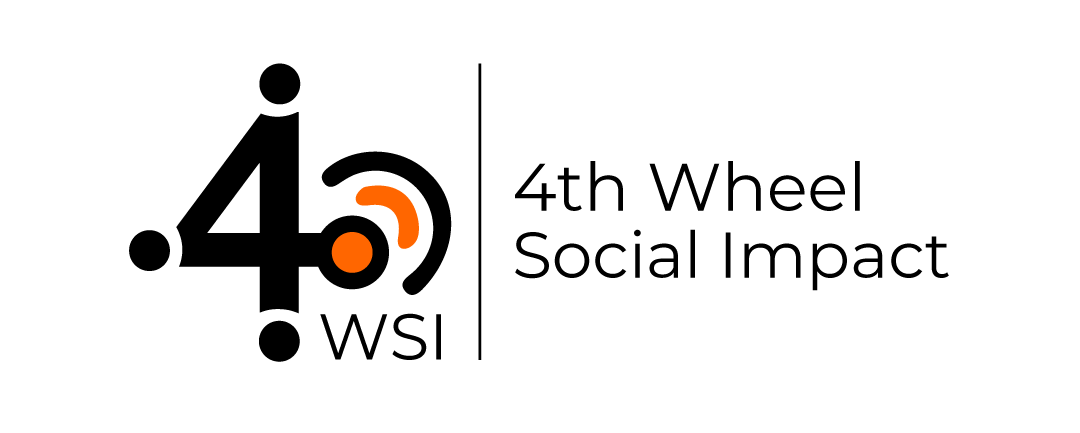5 Things to Consider when using SROI
- May 27, 2020
- 3 min read
Updated: Sep 15, 2025
In the overall bigger picture of your business’s impact, Social Return on Investment (SROI) is one of the key indicators in determining the company’s social influence on its environment. Effectively surmised SROI can lend a hand in bettering a company’s program management. It provides a snapshot of the merit the company contributes towards its internal and external stakeholders and its ecosystem.
What is SROI?
Social Return on Investment (SROI) is a framework for measuring and accounting for the social, environmental, and economic costs and benefits of a programme. By using monetary values to denote the social and environmental effects of a programme, this method tells us how much change has been created and whether it is significant.
In holistic terms, SROI measures ethical parameters, like socio-economic factors and sustainability, that are often neglected in financial statements.
The focal purpose of SROI is to attempt to assign financial value to the social impact generated by a company’s initiatives.
What’s the difference between ROI and SROI?
ROI is a profitability metric that’s calculated to know about the financial benefits produced by a project. In simple terms, it shows the amount of profit/loss made by a company’s investment after deducting the total costs incurred.
SROI measures the social impact of a company’s projects and puts it in quantitative terms in order to gauge its cumulative value. The procedure here involves accounting for the impact generated by the social and environmental factors and comparing it to the cost induced by the company.
In a nutshell, ROI primarily centers on the measurable financial worth, whereas SROI places a stronger emphasis on a program’s social impact.
Who uses SROI?
The issuance of SROI aims to enable corporations to quantify their social impact in financial terms. It’s calculated on the basis of the generated value of the social impact and the inceptive investment amount. Naturally, it’s used by the stakeholders who hold investigative interest in the company’s projects.
SROI is mainly used, under the umbrella of impact investments, by the company’s stakeholders to relay the social and environmental effects of their investment. It is also a discretionary tool utilized by investors to assess the social value of their investments, the effectiveness of those investments, and the overall scope for improvement.
5 Important Things to Consider When Using SROI
Keeping good records throughout
The SROI process needs documentation of all assumptions, calculations, and inferences made along the way. Hence, thorough documentation is crucial.
Using secondary sources
A major component of SROI is assigning monetary values to indicators of social change. These values need to be grounded in reality. Therefore, relying on other reports and research that have conducted similar analyses would provide a reference.
Measuring ‘soft’ outcomes
These are outcomes that may be difficult to put in measurable terms. However, this does not mean that they should be excluded, rather, creative ways of measuring them should be thought about.
Do not double-count
When you are handling a chain of events, be mindful not to double-count. For example, ten people want to gain work through training, and all ten complete the training but only five gain work. When you come to value the outcome for the five who gained work, valuing both the qualification and the employment will contribute to double-counting the value of the training.
Present a narrative of change
Focusing on just numbers and ratios does not explain how the change is being created. Hence, put numbers into words and establish a transformative story.
Conclusion
Social Return on Investment (SROI) serves as a powerful tool in the realm of impact assessment. It sheds light on the broader significance of initiatives beyond mere financial gains.
SROI offers organizations a holistic perspective. This enables them to not only measure monetary returns but also to understand the social and environmental value they create. It fosters transparency, accountability, and a deepened commitment to social responsibility.
SROI transcends profit margins to nurture a better world. It’s an indispensable compass guiding businesses and non-profits towards sustainable, ethical, and socially responsible decision-making.
This article is written by Sakshi Kale




Comments